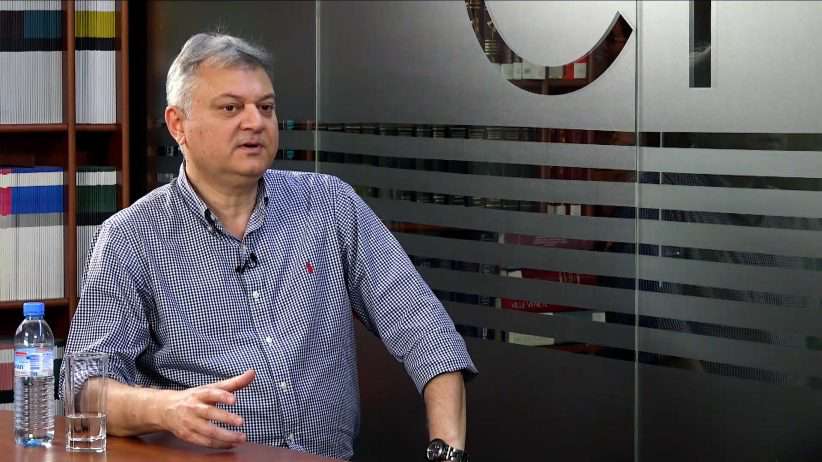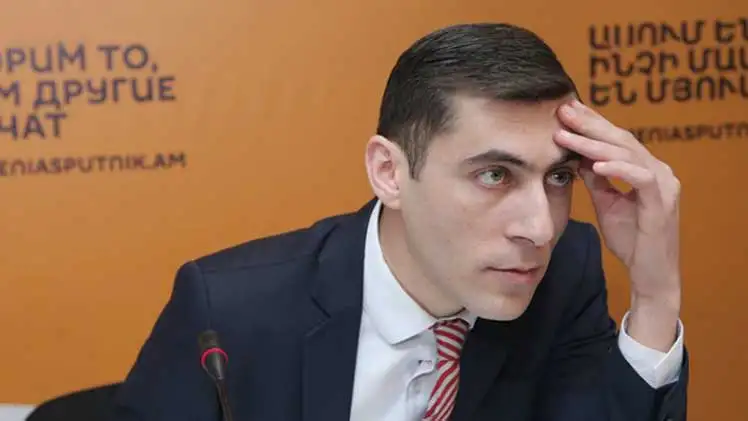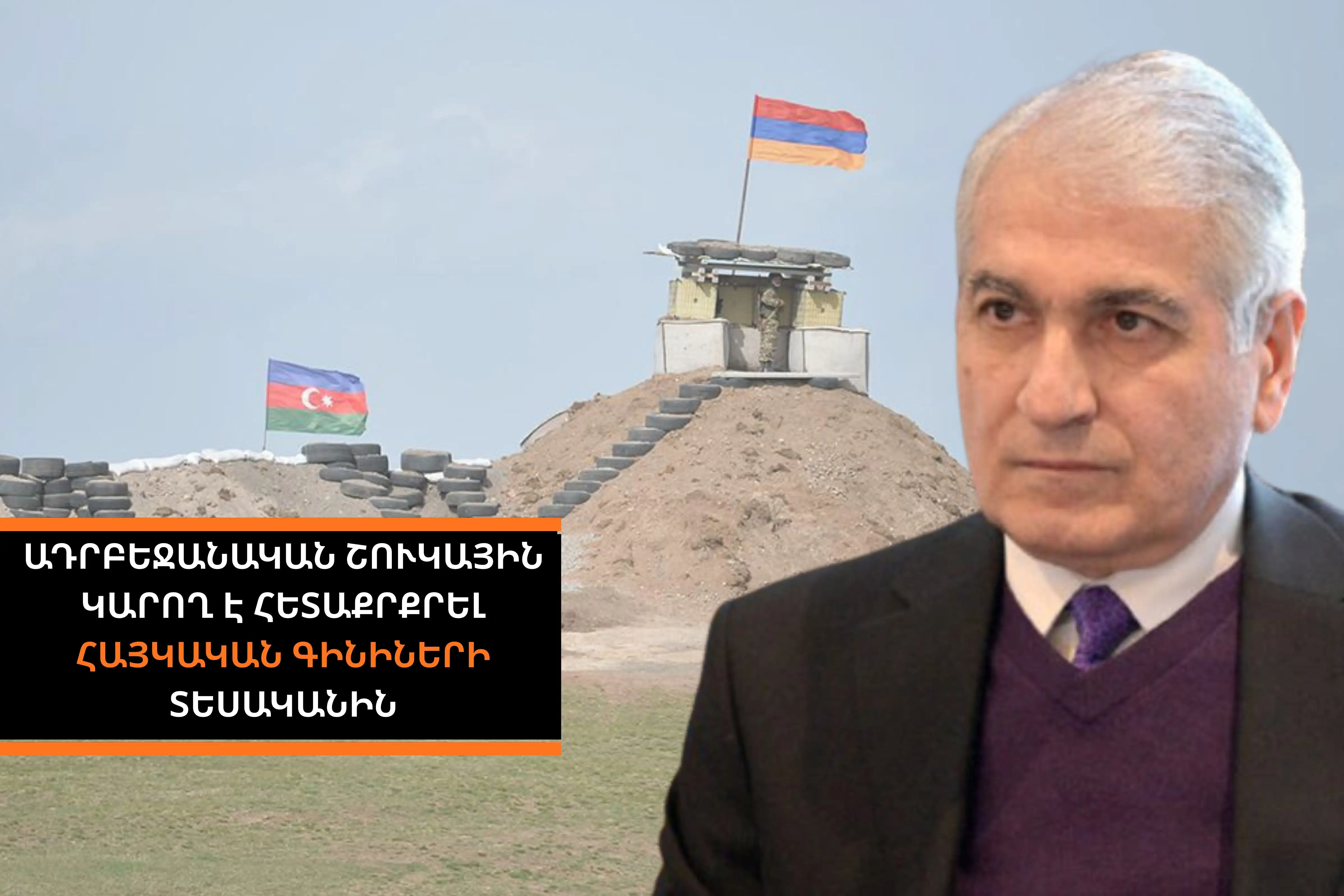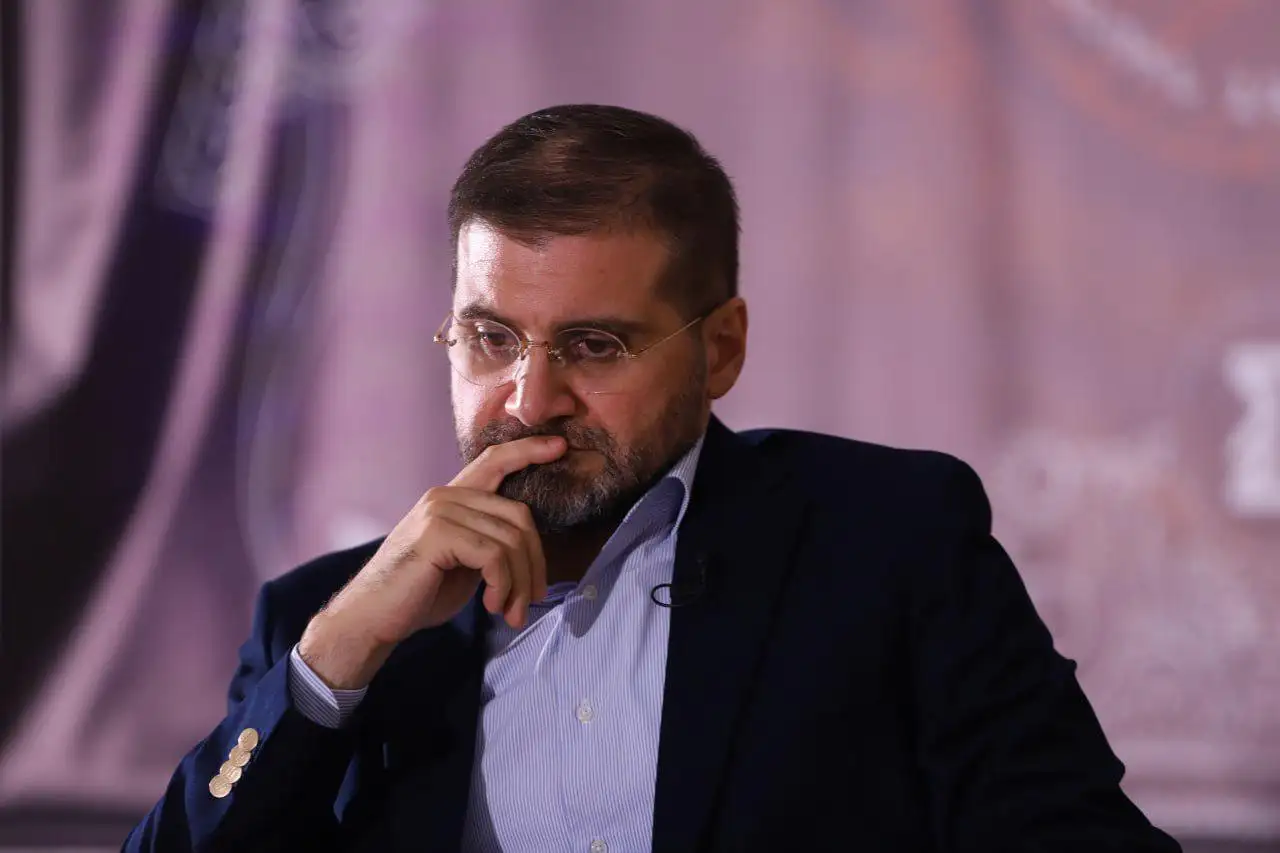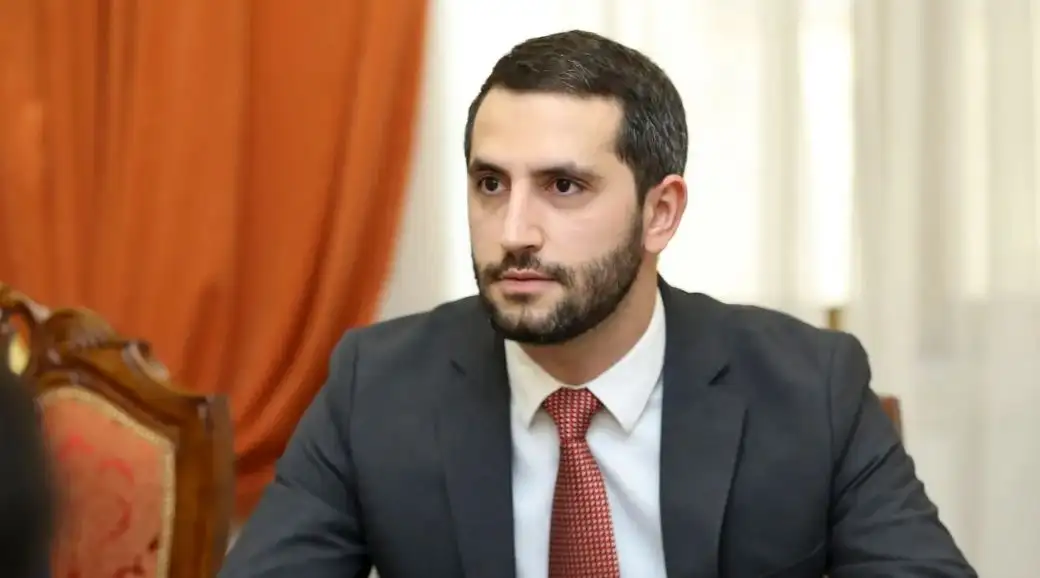Radar Armenia's interlocutor is Shahan Gantaharyan, an international scholar.
- The Washington negotiations were followed, and another provocation by the Azerbaijani side in the Sotk region preceded the Russian one. How do you interpret this type of policy conducted by Azerbaijan?
- During the entire negotiation process, on the eve of each meeting, Baku resorted to such provocations with belligerent rhetoric and war threats. This is behavior. Organizing such encroachments differently in the direction of the Armenian borders has a different meaning. After setting up a checkpoint on the Hakari bridge, Aliyev announced that Azerbaijan had restored its territorial integrity. With such provocations, they have already moved on to the demarcation and delimitation agenda with Armenia. They are in a hurry, so they pressurize with such actions.
- The Russian side claimed that Washington's statements regarding Armenian-Azerbaijani relations do not correspond to reality, as the parties disagree on several issues. With such words, is Russia trying to defeat the Washington negotiations, or is it pursuing another goal?
- The West-Russia competition is manifested in the form of a conflict of guarantors or mediators. The revitalization of Washington's involvement is evident. The closer the end of the mission of the Russian peacekeepers, the more the West will be energized. Baku, in fact, by violating the ceasefire, organizing provocations, and generally not respecting the November agreements, is giving Washington a playing card. Moscow will insist that the US statements do not correspond to reality. The only document that exists so far, based on which the parties are negotiating, is the tripartite agreement. And Washington will endlessly emphasize that Russia fails to carry out a peacekeeping mission.
- As a matter of fact, the American side does not even want to be a mediator but provides a negotiation platform. What is the reason for the USA's behavior?
- The goal of the US or any major player involved is not to achieve peace. There is a battle for zones of influence. That is why the involved parties will prevent the conflict from being resolved through unilateral mediation and guarantees. This will delay the process.
- The United States and the Russian Federation make a declarative statement, but Azerbaijan continues using aggressive rhetoric on the fundamental level. Why are the moderating parties not taking active steps?
- The moderating parties will not take active steps. Contrary to the declaratively targeted approach, Moscow does not issue targeted statements, and the West adopts a non-sanction policy and does not take specific steps toward Azerbaijan. The international family does not even take any steps to implement the judgment of its court. Baku is well aware of this, so it resorts to provocations. This game of Azerbaijan may end somewhere when there are new alignments of forces in the region. That is why Baku is in a hurry to sign a peace agreement according to the specified rules.
- In the background, Turkey's no less aggressive behavior towards Armenia is also noticeable. What are your expectations from the Turkish elections? What political consequences could Erdogan's re-election have for the region?
- The timing of Ankara's aggressiveness suggests that the country is in the pre-election stage of the country, and the strong appeals from Ankara should also be understood with the logic of internal consumption and vote gathering. It is difficult to predict the results of the elections. This is the most unpredictable election in Turkey. It is not excluded that this polarized atmosphere will have post-election shocks. These upheavals can have consequences on Moscow-Ankara relations, which have already become fragile. Armenian political thought should discuss all the possibilities of acting in such scenarios. Turkey's post-election upheavals will affect the region, and it is not excluded that new situations of the balance of power will be created.
Hayk Magoyan




